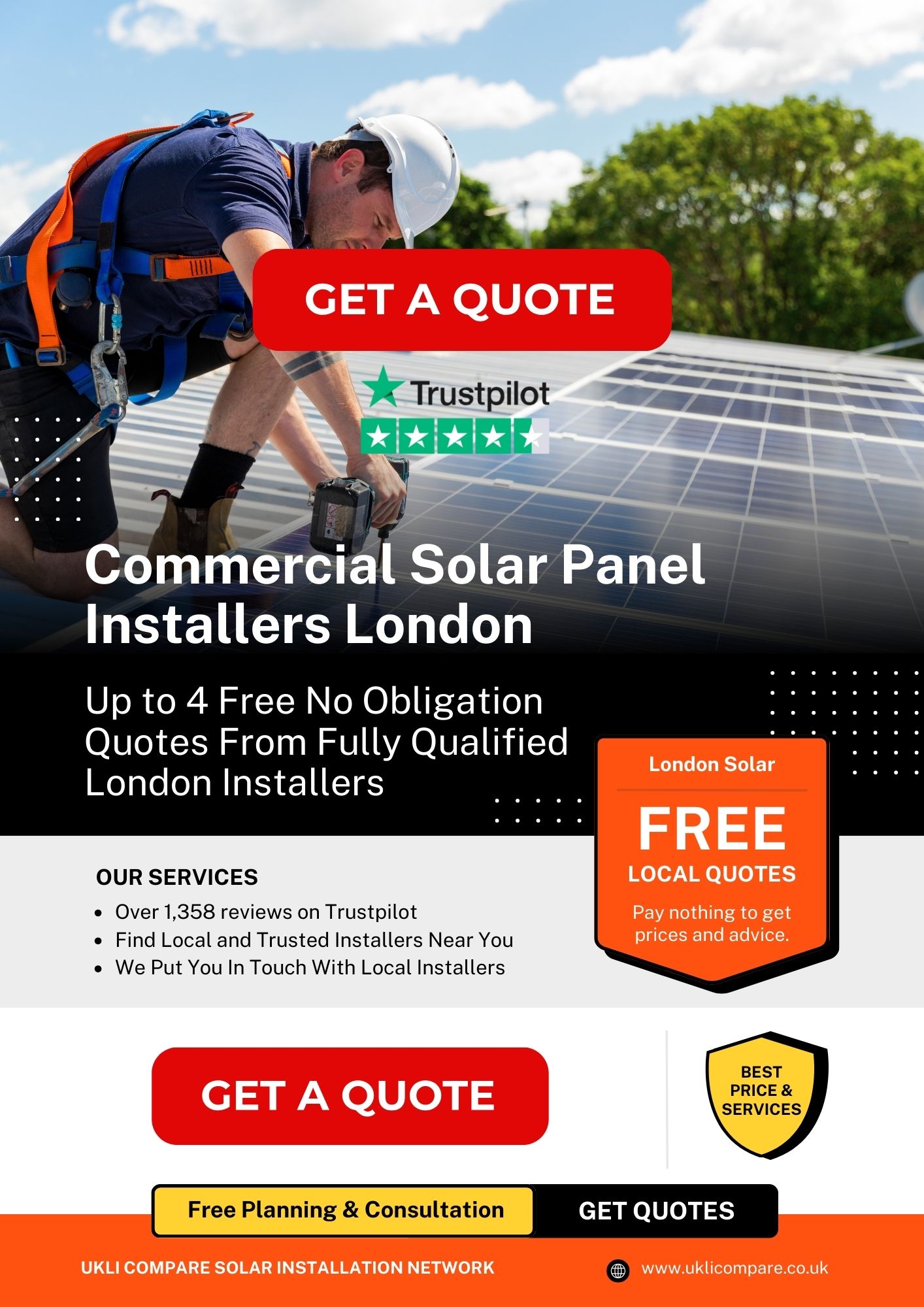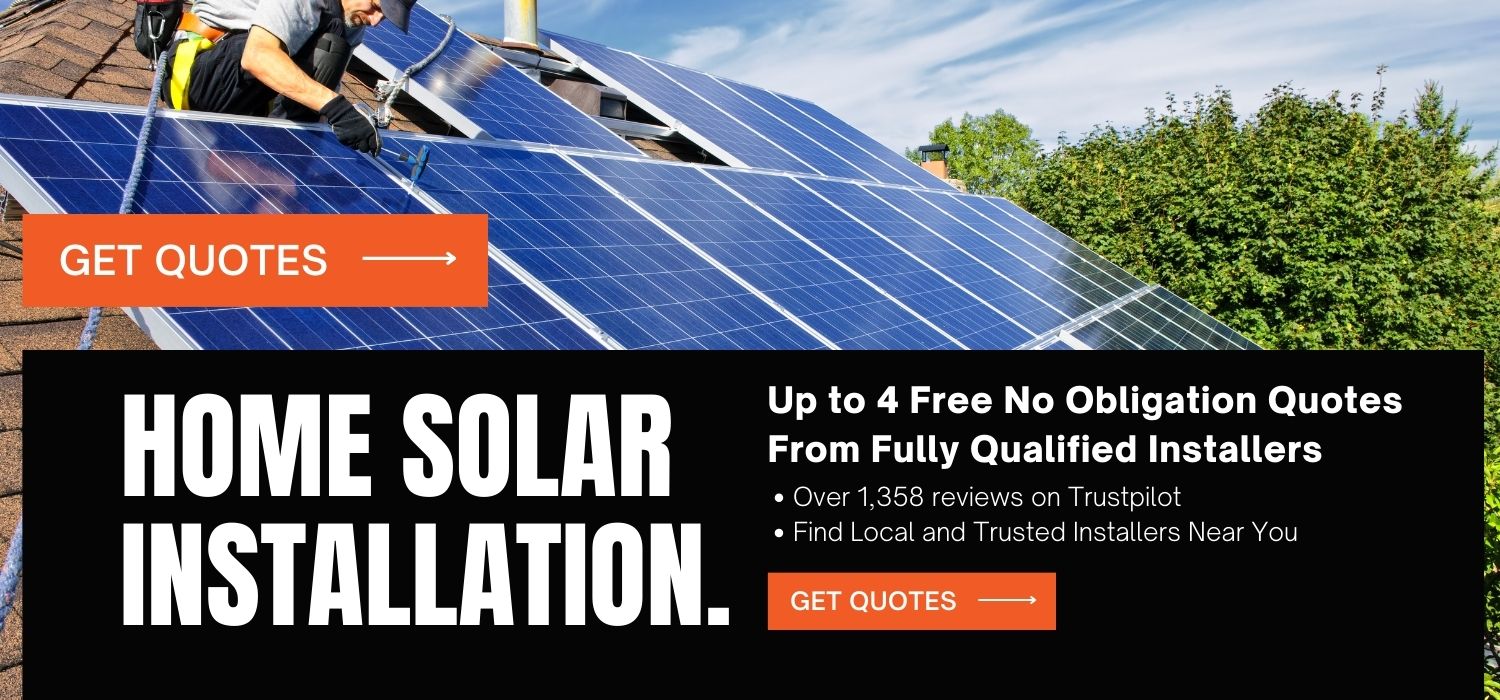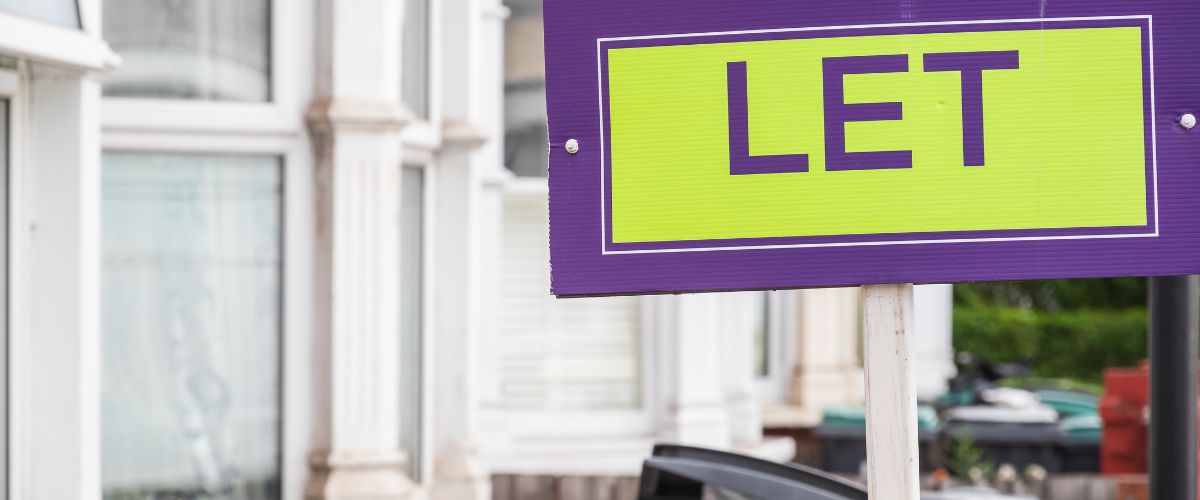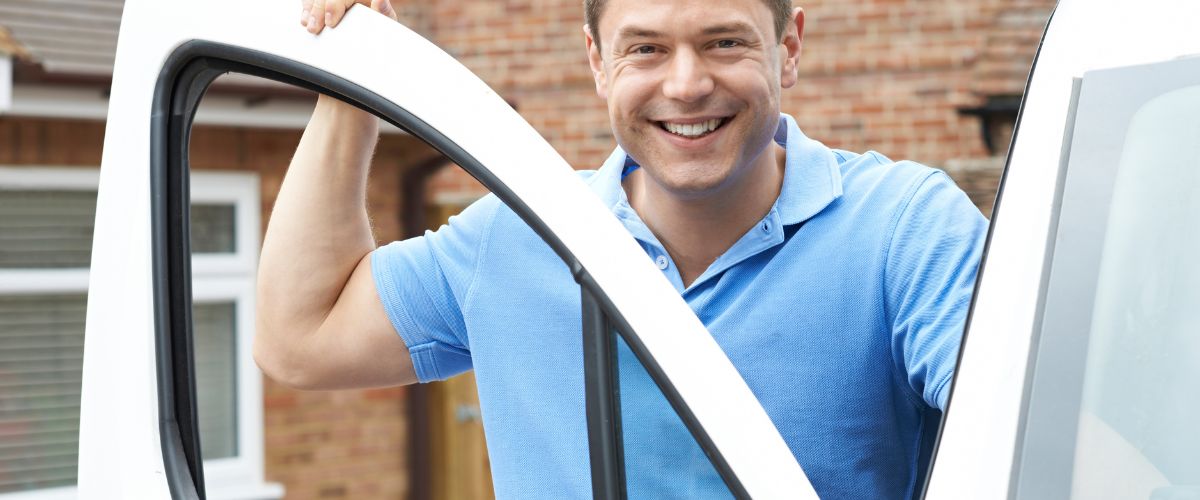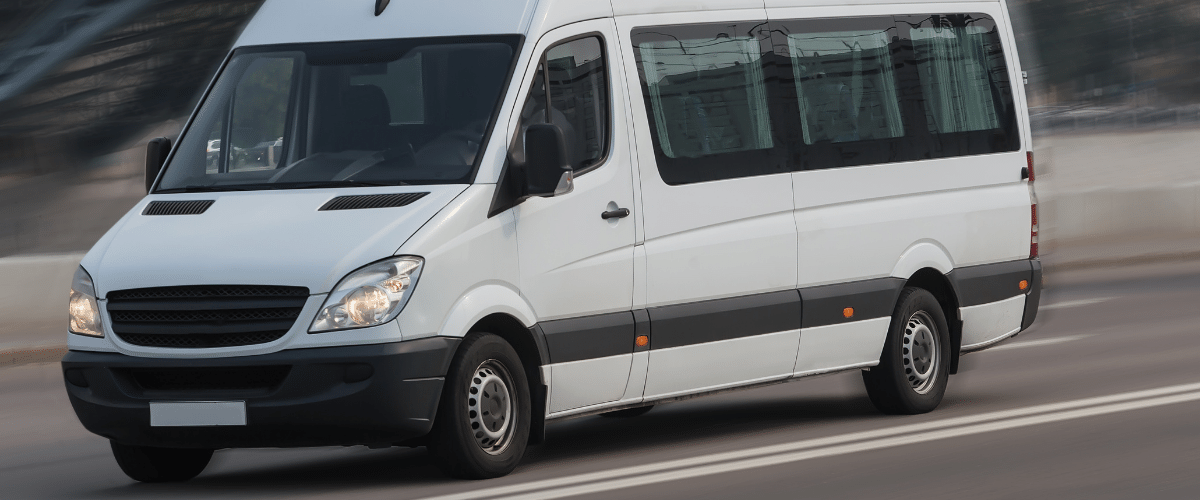How It Works

Tell us about your Home Solar panel project...
Answer a few quick questions so we can match you with nearby companies who can help.
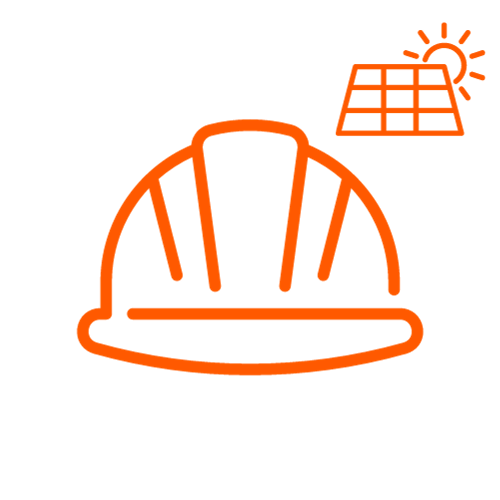
Find up to 4 Home Solar Specialists in your area...
Get 100% free, no-obligation quotes from 4 verified solar installers working in your area.

Hire a good installer with full confidence...
When your happy our service, you can make a move and start saving money on energy bills.
How It Works

Tell us about your Home Solar panel project...
Answer a few quick questions so we can match you with nearby companies who can help.

Find up to 4 Home Solar Specialists in your area...
Get 100% free, no-obligation quotes from 4 verified solar installers working in your area.

Hire a good installer with full confidence...
When your happy our service, you can make a move and start saving money on energy bills.
- Home
- Solar Panels
Why Install Solar Panels?

Guide to Solar panels
Are you considering taking the initiative to install solar panels in your home or commercial property? With the rise of green energy alternatives, and governments all around the world pushing for more renewable sources of power, it's no wonder people are turning to solar panel technology.
- However, there is a lot that goes into making this move – from researching regulations to understanding your own needs – so it’s important to do your homework before jumping in upfront.
- With UKLI Compare being one such resource available at our fingertips, we can confidently investigate and gain access to accurate information about everything involved with installing solar panels - and why you should trust them when investing in renewable energy solutions.
- We invite you today to explore how these SolarNut Solar offer invaluable insight into managing a successful solar installation from start-to-finish!
How Do Solar Panels Work?
- Solar panels work by converting sunlight into electricity. This process, known as the photovoltaic effect, involves layers of silicon within the panel absorbing photons from the sunlight, which sets electrons into motion, thus creating a flow of electricity.
- The generated direct current (DC) electricity is then converted into alternating current (AC) by an inverter, making it suitable for use in homes and businesses. Solar panels are a clean, renewable energy source, significantly reducing reliance on fossil fuels and contributing to a sustainable future.
How Do Solar Panel Save You Money?
- Solar panels can lead to substantial savings on your energy bills. Once installed, they generate free electricity from the sun, reducing the amount you need to purchase from your energy supplier.
- The savings can be significant, especially in sunny climates where solar panels can produce more electricity. Additionally, some countries offer feed-in tariff schemes, which allow you to sell surplus electricity back to the grid, providing another source of income.
- Furthermore, solar panels increase the value of your property, offering a return on investment if you decide to sell. By reducing dependence on traditional energy sources, solar panels also insulate you from rising energy prices, providing long-term financial benefits.
Why Should I Install Solar Panels at Home?
- Installing solar panels at home brings numerous benefits beyond financial savings. First and foremost, it's an environmentally friendly choice, reducing your carbon footprint by utilizing a renewable energy source.
- Additionally, solar panels offer energy independence, as you are less affected by fluctuations in energy prices or disruptions to the power grid. This can be particularly advantageous in remote or rural areas where power supply may be unreliable.
- Furthermore, in some cases, solar panels can generate more electricity than your home needs, allowing you to sell the surplus back to the grid. Lastly, solar panels require minimal maintenance, making them a hassle-free, long-term investment.
Is my house ready for solar panels?
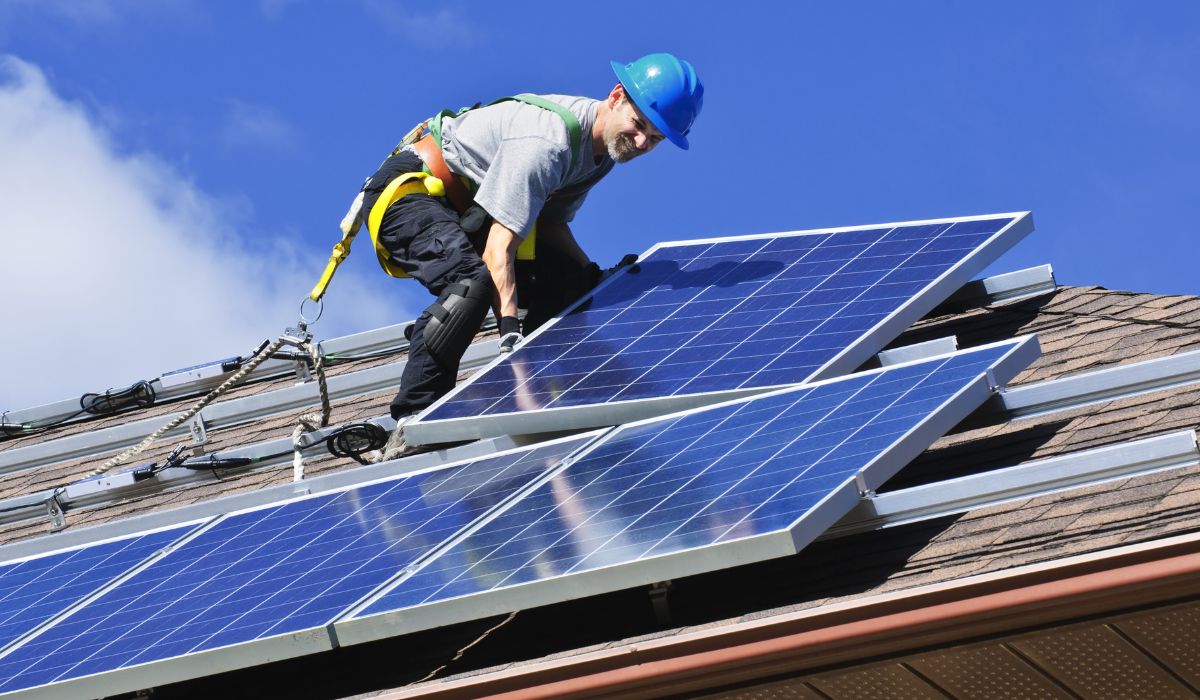
- Determining whether your house is ready for solar panels involves several considerations. First, look at your roof's orientation and condition. South-facing roofs in good condition are ideal for solar panel installation in the northern hemisphere, while north-facing roofs are preferable in the southern hemisphere. The amount of sunlight your roof receives is also crucial.
- In general, the more unobstructed sunlight your roof gets, the more electricity your panels can generate. The size of your roof is another consideration, as larger roofs can accommodate more panels.
- Additionally, your electricity usage plays a part. If you consume a lot of electricity, installing solar panels could lead to significant savings. Lastly, local regulations and incentives could impact your decision.
- Some areas offer incentives for solar panel installations, while others have restrictions that could limit your options. Consulting with a solar professional can provide a clearer picture of whether your house is ready for solar panels.
Is my energy usage at home enough to justify going solar?
- To determine if your energy usage at home justifies going solar, it's important to review your energy bills over the past year and calculate your average monthly energy consumption.
- Homes with a high energy usage are likely to benefit more from a solar installation as the savings on energy bills can offset the initial investment costs.
- However, even homes with moderate energy usage can benefit from solar panels, particularly if local incentives or feed-in tariffs are available. Moreover, solar panels can provide a measure of energy security by reducing dependence on grid electricity.
- As always, a consultation with a solar energy professional can provide you with a detailed analysis tailored to your specific circumstances.
How should I finance my home solar panel installation cost?
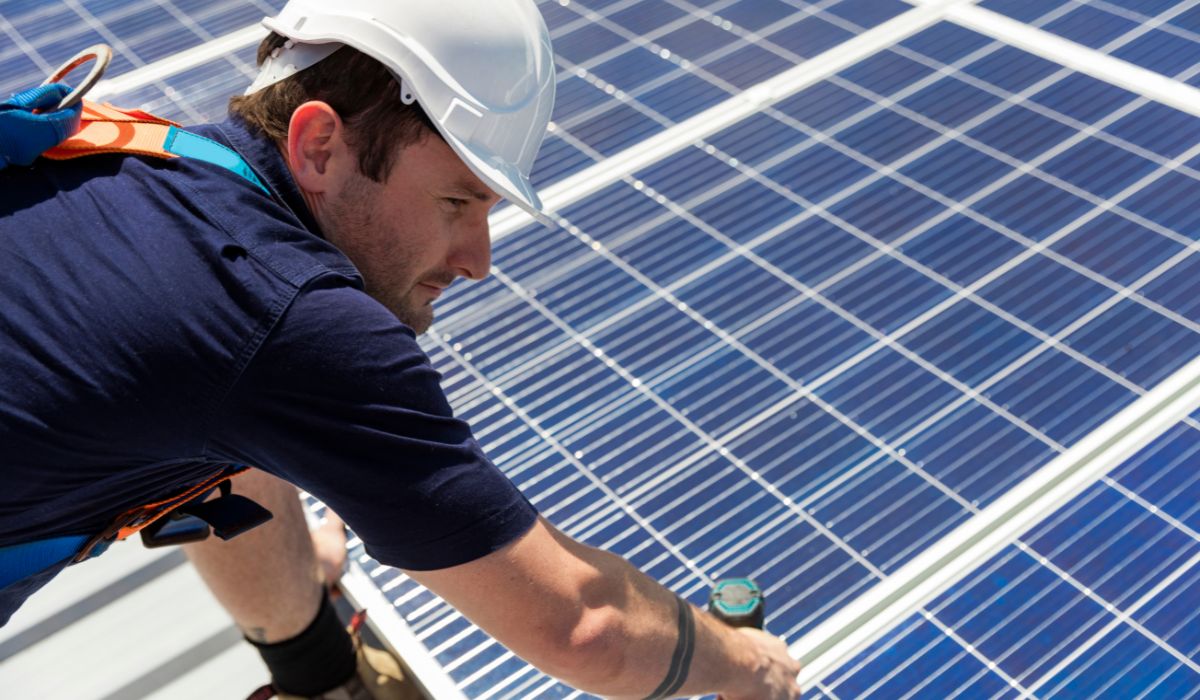
- Financing your home solar panel installation can be achieved through several methods. The most straightforward is an outright purchase, where you pay the full cost upfront.
- While this requires a significant initial outlay, it also means you'll reap the full financial benefits of your installation, including electricity cost savings and any local incentives.
- Another common method is a solar loan, which allows you to spread the cost of the installation over a period of time. These loans can often be secured at competitive interest rates and may allow you to start saving on your energy bills immediately.
- Alternatively, some providers offer solar leasing or power purchase agreements (PPAs). Under these arrangements, the provider will install and maintain the panels and you agree to purchase the electricity they generate.
- This can be a cost-effective option, particularly if you have a high energy usage. Lastly, there may be local grants or incentives available to help offset the cost of installation.
- It's worth exploring all these options and consulting with a solar professional to determine the best financing solution for your circumstances.
How much does solar panel installation cost?
The cost of solar panel installation can vary significantly depending on several things like the company who installs them, the type of solar panel used and the batteries used for power storage, if they are needed.
Also...
- These include the size and type of the system, your geographical location, the complexity of the installation, and any incentives or rebates that may be available.
- On average, in the UK, the cost of a typical solar panel system ranges from £4,000 to £8,000. It should be noted that these prices are estimates and individual costs may differ.
Over time, these costs can be offset by the savings in your energy bills. Importantly, always consult with a solar energy professional to get a detailed quote based on your specific needs and circumstances.
How much does commercial solar panel installation cost?
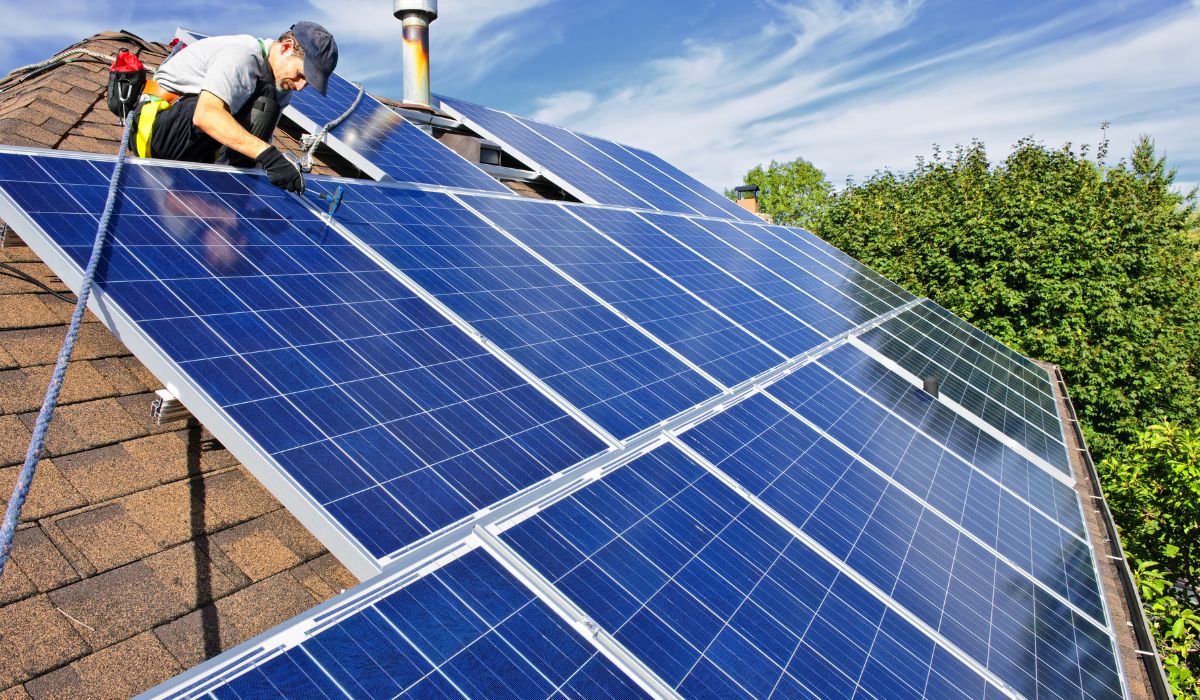
The cost of commercial solar panel installation can be notably higher than residential installations due to the larger scale of the systems.
These systems are often tailored to the specific energy needs of the business and will therefore vary significantly in size and complexity.
In the UK, it's estimated that commercial solar panel installations may range anywhere from £10,000 to £1,000,000+. The wide price range reflects the vast differences in requirements from one business to another.
Rebates and incentives may also apply, so it's essential to seek a personalized quote from a professional to understand the potential costs and savings for your business specifically.
How much money will I save with solar panel installation?
UKLI Compare tells us that he savings from solar panel installation can be substantial and are influenced by several factors including the cost of electricity in your area, the size of the solar system installed, the amount of sunlight your home receives, and the rate at which you use electricity.
- In the UK, it's estimated that a typical home can save between £85 and £220 per year on electricity bills by using a solar panel system.
- Additionally, in the UK, you can make money through the Smart Export Guarantee (SEG), where you're paid for the excess energy you export back to the grid.
- Over the lifespan of your solar panels (typically 25-30 years), this could amount to thousands of pounds in savings.
- These values are estimated and the actual savings will depend on your individual circumstances.
What type of solar panels should I install?
The type of solar panels you should install depends largely on your specific requirements and constraints. There are three major types of solar panels available: monocrystalline, polycrystalline, and thin-film.
- Monocrystalline panels, composed of a single crystal structure, offer the highest efficiency and longevity but come at a higher cost.
- Polycrystalline panels, composed of multiple crystal structures, are slightly less efficient but offer a more affordable option. Thin-film panels, made from a variety of materials, are the least efficient but most cost-effective of the three types.
- They are also more flexible and lighter, making them suitable for certain setups where traditional panels may not be appropriate.
- It's recommended that you consult with a solar installation professional to determine the best solution for your specific circumstances.
How long will my solar panels last?
- Solar panels are designed to be durable and long-lasting. On average, solar panels can last anywhere from 25 to 30 years, or sometimes even longer.
- However, this doesn't mean that the panels will stop producing electricity after that time — it just means that energy production has declined by what manufacturers consider to be a significant amount, often defined as 10% to 20%.
- Also, it's worth noting that numerous factors can influence the lifespan of your solar panels, including the quality of the panel, the climate conditions where they're installed, and how well they're maintained.
- Regular cleaning and inspection will help ensure your panels are in good shape and performing optimally.
How do I know which solar panel installation company to trust?
- Selecting a trustworthy solar panel installation company can be a challenging task. It's important to consider several factors to ensure you're making the right choice.
- Firstly, research the company's reputation and track record. Customer reviews and testimonials can provide valuable insights into a company's reliability and quality of service. Secondly, check whether the company has relevant accreditations.
- In the UK, for example, the Microgeneration Certification Scheme (MCS) certifies solar panel installers ensuring they abide by high standards.
- Thirdly, consider the company's experience and expertise. A company that's been in the business for several years and has completed numerous installation projects is likely to be a safer bet than a new company. Lastly, consider the warranty period offered by the company.
- A longer warranty period indicates the company's confidence in their service quality and their commitment to customer satisfaction.
- Always make sure to compare quotes from several service providers before making a final decision.
Questions to ask Your Solar PV Installer
IS THE SOLAR INSTALLER CERTIFIED?
IS THE SOLAR INSTALLER CERTIFIED?
It's important to ensure that the solar panel installer you are considering is certified by a reputable organization such as the Microgeneration Certification Scheme (MCS) in the UK. This certification ensures that the installer has met certain standards and is qualified to carry out installations.
IS A STRUCTURAL REPORT INCLUDED IN THE QUOTATION?
IS A STRUCTURAL REPORT INCLUDED IN THE QUOTATION?
A structural report is an important aspect of any solar panel installation project as it assesses the durability and safety of your roof for supporting the panels. Make sure to ask whether the company includes a structural report in their quotation, and if not, inquire about the additional cost for obtaining one.
WILL MY ROOF NEED STRENGTHENING?
WILL MY ROOF NEED STRENGTHENING?
Depending on the size and weight of your solar panel system, your roof may need to be strengthened in order to support it. This is especially important to consider for older or weaker roofs. Ask your solar installer if they will conduct a structural assessment of your roof and if any strengthening work will be required before installation.
HOW WILL THE PANELS BE HELD ON THE ROOF?
HOW WILL THE PANELS BE HELD ON THE ROOF?
The way the solar panels are mounted onto your roof can affect both the aesthetics and functionality of the system. Make sure to discuss with your installer what type of mounting system they plan to use and how it may impact your roof's appearance and performance.
WILL YOU NEED TO CARRY OUT SHADING ANALYSIS?
WILL YOU NEED TO CARRY OUT SHADING ANALYSIS?
Shading from surrounding trees or buildings can significantly affect the efficiency of your solar panels. Ask your installer if they will conduct a shading analysis to determine the best placement for your panels and if any measures will be taken to mitigate shading.
WHO WILL BE INSTALLING THE SOLAR PANELS?
WHO WILL BE INSTALLING THE SOLAR PANELS?
It is important to know who will be responsible for the actual installation of your solar panels. Ask if the company has their own team of qualified installers or if they subcontract the work. Additionally, make sure to inquire about their experience and qualifications to ensure a high-quality installation.
WHAT WARRANTIES WILL BE OFFERED?
WHAT WARRANTIES WILL BE OFFERED?
Solar panel systems typically come with warranties for both the equipment and installation. Make sure to ask your installer about the length and coverage of these warranties, as well as any options for extended warranties.
solar panel installation quote
Hit us up on Social media
Recent Articles
-
Compare Landlord Insurance Quotes - Save Time & Money | UKLI Compare
Mar 27, 25 02:54 PM
Compare landlord insurance quotes and adequately cover your assets with buildings and contents insurance, or add extra landlord protection. -
No Deposit Van Insurance OR Pay Monthly | UKLI Compare
Feb 25, 25 05:48 PM
Compare no deposit van insurance companies and pay monthly, (cheaper) in under 5 minutes for a great policy. -
Compare Minibus Insurance | Quotes Business, Schools | UKLI Compare
Feb 12, 25 02:33 PM
Compare minibus insurance quotes for 9 seaters and 17 seaters and you could save a lot of time and money. -
Any Driver Minibus Insurance | Get Online Quotes | UKLI Compare
Feb 12, 25 02:23 PM
Compare quotes and get the right price on any driver minibus insurance with an experienced company. -
Campervan Insurance Policy With All The Support You Need
Feb 12, 25 01:02 PM
Do you need a first time or renewal campervan insurance policy and want to save time doing it onine? Try this... -
Campervan Insurance Phone Numbers are Here | UKLI Compare
Feb 12, 25 12:59 PM
Get your campervan insurance phone number after you get a quote from the expert help and guidance from the UK's best recreational vehicle insurance companies. -
Campervan Insurance Ireland | Northern and Southern Ireland
Feb 12, 25 12:56 PM
Compare campervan insurance in Ireland from reputable companies that can respond to you needs all around Northern and Southern Ireland. -
Campervan Insurance for a Week or Less | UKLI Compare
Feb 12, 25 12:50 PM
Get campervan insurance for a week for your short trips or borrowed campervan and make sure you have the proper cover in place. -
Campervan Insurance Dublin
Feb 12, 25 12:47 PM
campervan insurance Dublin -
Campervan Insurance Comparison Site | You Have It Campervan Owners!
Feb 12, 25 12:43 PM
Use a campervan insurance comparison site to get your cover in a timely manner and make sure you are safe online while comparing quotes. -
Compare Campervan Insurance Brokers | UKLI Compare.co.uk
Feb 12, 25 12:15 PM
Compare insurers and campervan insurance brokers to find a good deal on your policy with this small guide. -
Campervan Insurance Belfast | Get Quotes from Irish Companies
Feb 12, 25 12:12 PM
Compare campervan insurance companies in Belfast and save the bother going from website to website looking for quotes. -
Buy Campervan Insurance at The Right Price | UKLI Compare
Feb 12, 25 12:10 PM
Compare and buy campervan insurance with a specialist company you can trust with a quick comparison from Quotesearcher Limited. -
Multi-Campervan Insurance Quotes and Quick Online Form
Feb 12, 25 11:58 AM
If you have more than one campervan you might want to look at multi campervan insurance and you can find a policy at the end too. -
Nissan Vanette Campervan Insurance Quote Comparison
Feb 12, 25 11:56 AM
Nissan Vanette campervan insurance is a great way to cover your pride and joy and making a difference knowing you have cover in place. Get a quote now... -
Specialist Campervan Insurance | Get an Online Quote
Oct 19, 24 11:27 AM
Need specialist campervan insurance for a special kind a camper van then you might want to use a website who can help you out. -
Self Build Campervan Insurance and Motorhome Insurance
Oct 19, 24 11:24 AM
Self build campervan insurance comparison and what you need to know about self build campervan and the insurance they require before you hit the road. -
T25 Campervan Insurance Comparison That's There for You 24/7
Oct 19, 24 11:22 AM
Compare T25 campervan insurance for your pride and joy and you could save some hard earned money but one thing you will save on his time searching like mad for it. -
T4 Campervan Insurance | Fully Comprehensive Quotes Online
Oct 19, 24 11:20 AM
Compare T4 campervan insurance and cover your T4 campervan with a third party or a fully comprehensive policy and fast. -
T5 Campervan Insurance Made Easy With One Quote
Oct 19, 24 11:17 AM
T5 campervan insurance comparison that makes it easy to find the right cover for your T5 camper van. -
Need Campervan Insurance? Compare Quotes | UKLI Compare
Oct 19, 24 11:15 AM
Why you need campervan insurance for driving on UK roads and why the law requires you to have a policy. -
Drink Driver Campervan Insurance Comparison Service That Works
Oct 19, 24 10:54 AM
Compare drink driver campervan insurance and get a good comparison service and one that works for you after taking the time to fill in the form. -
Volkswagen Transporter Campervan Insurance
Oct 19, 24 10:50 AM
Compare volkswagen transporter campervan insurance and get quotes from reliable insurance companies you can trust online. Go ahead... -
VeeDub Campervan Insurance | Compare Quotes for all Models
Oct 19, 24 10:25 AM
VeeDub campervan insurance comparison for all your owned models of Volkswagen campervans that you own. -
Vintage Campervan Insurance | Compare Quotes and Get Covered Fast
Oct 19, 24 10:19 AM
When you need vintage campervan insurance for a project or a campervan that needs special attention you may want to check out the right insurance company. Here can... -
Campervan Insurance for Over 80 Years Old - UKLI COMPARE
Oct 19, 24 10:16 AM
Campervan insurance for over 80 years old is as easy as taking a quote and let the expert sort you out with a policy. -
Business Campervan Insurance or Quotes For Motorhome Hire Insurance
Oct 19, 24 10:14 AM
Business campervan insurance or motorhome hire insurance for when you rent out campervans for business purposes -
Any Driver Campervan Insurance Comparison Quotes Online
Oct 19, 24 10:11 AM
If you want any driver campervan insurance for business or pleasure it's so simple as long as you meet the criteria or the insurer. Find out more here... -
Short Term Campervan Insurance Comparison and With Free Quotes
Oct 19, 24 10:08 AM
Short term campervan insurance can be a life saver and there are some companies who provide this cover. Get a quote and see. -
Classic Campervan Insurance Comparison | Get The Job Done Right!
Oct 19, 24 10:05 AM
Compare classic campervan insurance for all old models including classic VW's or transporters and all other models you own.

